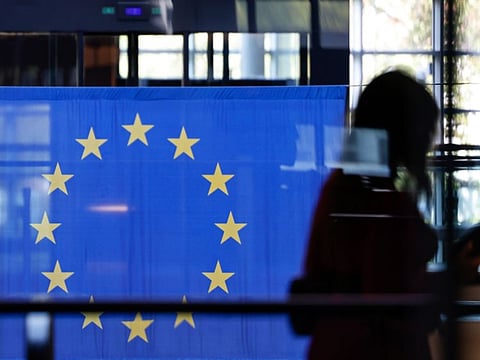Biggest AI systems poised for stricter set of EU rules
It’s a similar tiered approach to the EU’s recently rolled out Digital Services Act

Brussels: European Union negotiators have backed a plan to place additional constraints on the biggest artificial intelligence systems under the upcoming AI Act.
Representatives from the European Commission, European Parliament and EU countries are discussing an approach that would address concerns posed by powerful large language models “- the technology underpinning AI chatbots “ such as OpenAI’s GPT-4 while also ensuring new startups aren’t overly burdened by regulation, people familiar with the matter said. The agreement is preliminary, not yet laid out in a written draft and subject to change, the people said, asking not to be identified discussing the private conversation.
It’s a similar tiered approach to the EU’s recently rolled out Digital Services Act. While the DSA requires all platforms and websites to take actions to protect user data and monitor for illegal activities, the most stringent controls are reserved for the largest, including Alphabet and Meta Platforms.
The EU could become the first Western government to place mandatory rules on artificial intelligence with its AI Act. Under the proposed law, AI companies would have to perform risk assessments and label deepfakes, among other requirements. Negotiators want to finalize the legislation by the end of the year and aim to hone in on a deal at the next meeting on October 25.
There are still a number of key issues that remain, including how exactly to regulate generative AI and whether to completely ban live facial scanning in crowds. The European Parliament backed a complete ban of this biometric surveillance - something that many EU countries have said they’ll reject.







